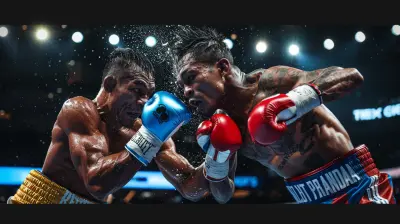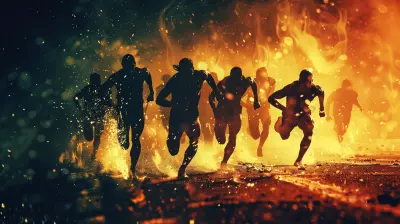How Rivalries Fuel the Passion for Professional Sports
31 August 2025
There’s just something electric about a good ol’ sports rivalry, right? Whether it’s the Yankees and Red Sox, Barcelona vs. Real Madrid, or the Lakers clashing with the Celtics—you can feel the energy spike the second those matchups hit the schedule. But why? What is it about rivalries that push fans to the edge of obsession and athletes to dig deeper than ever before?
Well, buckle up. We’re diving deep into how rivalries don’t just spice things up—they’re the lifeblood of professional sports.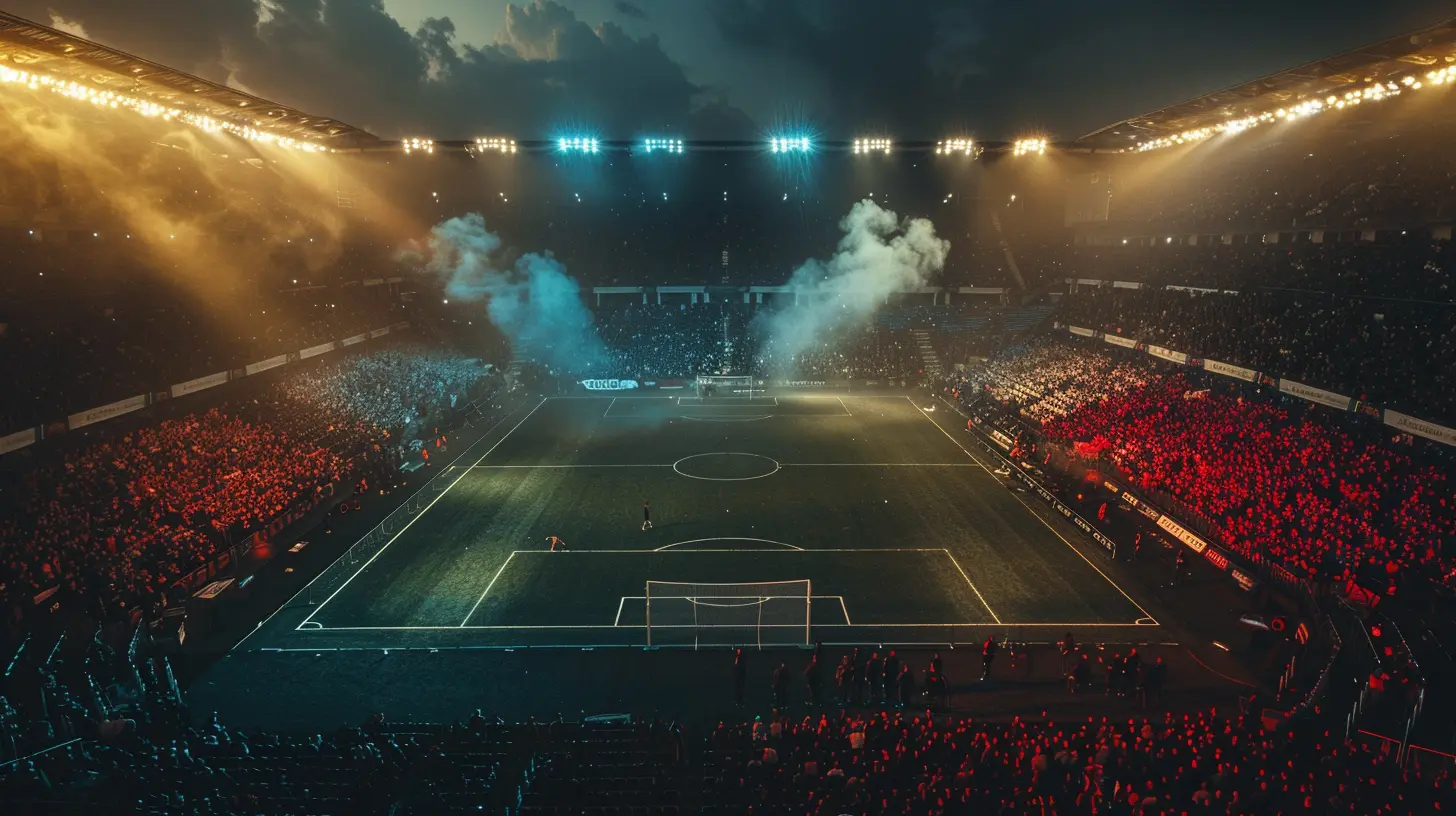
The Essence of Rivalries in Sports
Let’s start with the basics. Rivalries aren’t just about wins and losses. They’re about pride, history, identity, and straight-up emotion. Every match matters, sure—but rivalries? They’re personal. Whether it’s two teams from the same city or long-time title contenders that just can’t stay off each other’s turf, rivalry games bring out the best (and sometimes worst) in everyone.Think of it like this: a regular game is a movie. A rivalry? That’s a blockbuster sequel with unresolved drama and twice the action.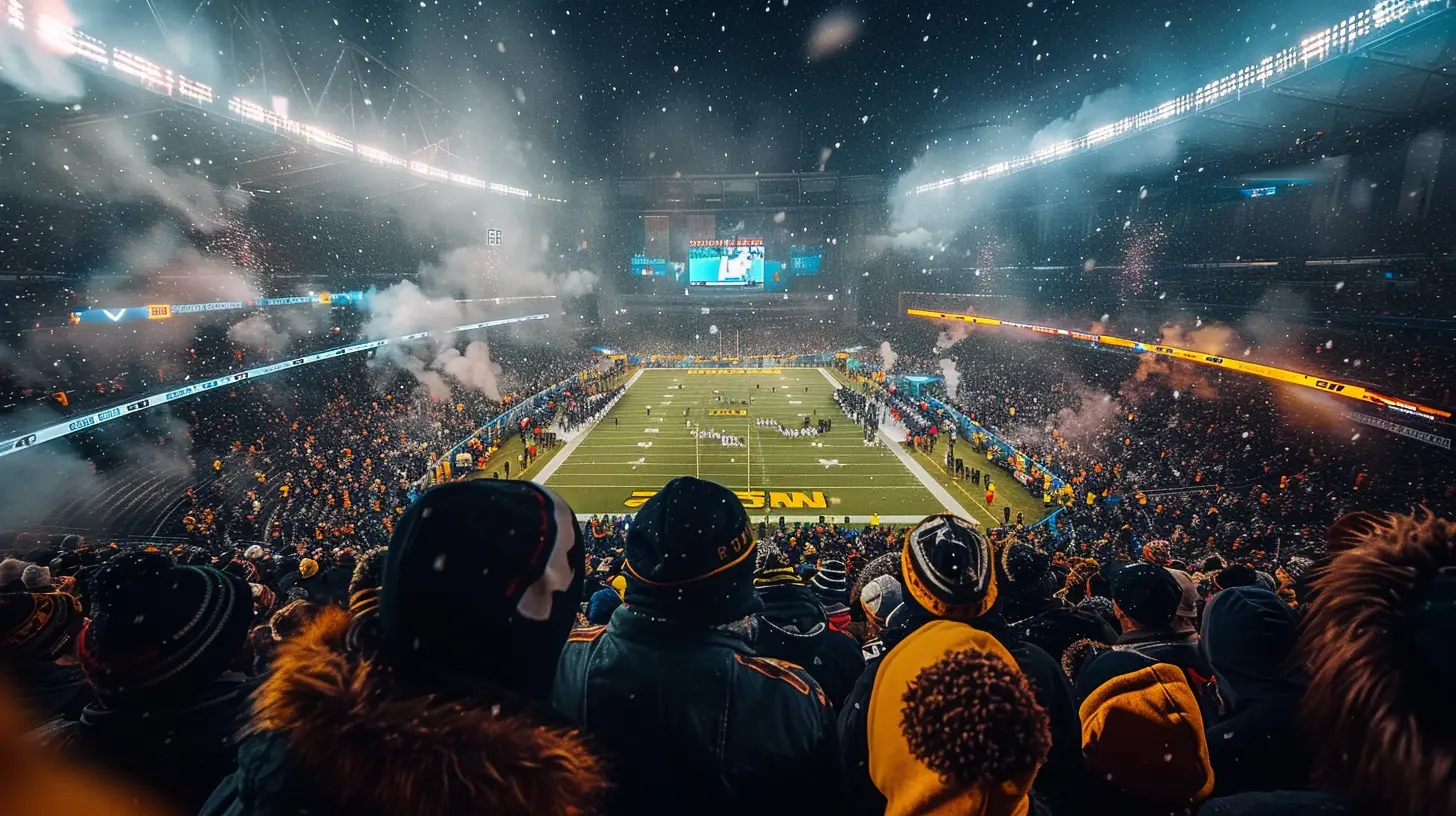
A Historical Bond Between Teams and Fans
History plays a big role in shaping rivalries. These aren’t overnight beefs—they’re built over decades of competitive clashes, controversial calls, and unforgettable moments. When fans look back, they don’t just remember championships; they remember who they beat to get there.Take Manchester United vs. Liverpool. It’s not just about football. It’s a cultural, economic, and historical feud between two major English cities. Or consider the Packers and Bears—more than 200 meetings and counting in the NFL. That’s not just a rivalry. That’s a generational saga.
These storied histories give fans a reason to care deeply. It’s about legacy, and for many, it’s personal.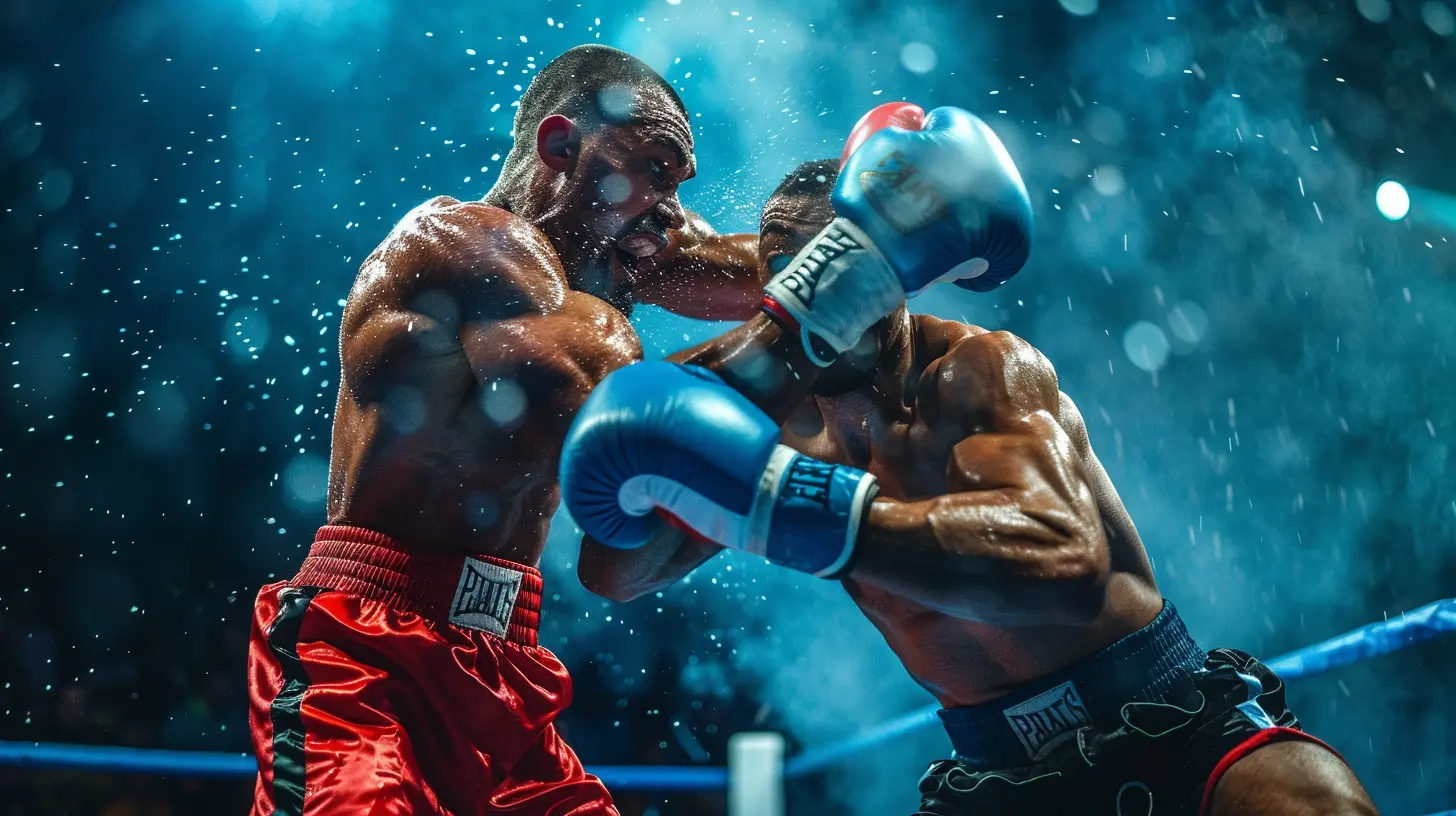
Driving Fan Engagement Like Nothing Else
Here’s a question: when did you last scream at your TV over a preseason game?Probably never, right?
But if it’s a rivalry game, even if it "technically doesn’t matter," it suddenly does. Fans mark their calendars for these matchups. They wear their luckiest jersey, post predictions online, and argue with coworkers. Rivalry games don’t just pull in die-hards—they reel in casual fans, too.
From an SEO and marketing perspective, sports rivalries are traffic gold mines. These moments drive viral content—memes, hot takes, reaction videos—and boost social media engagement through the roof.
In short: rivalries don’t just keep fans watching. They keep fans talking.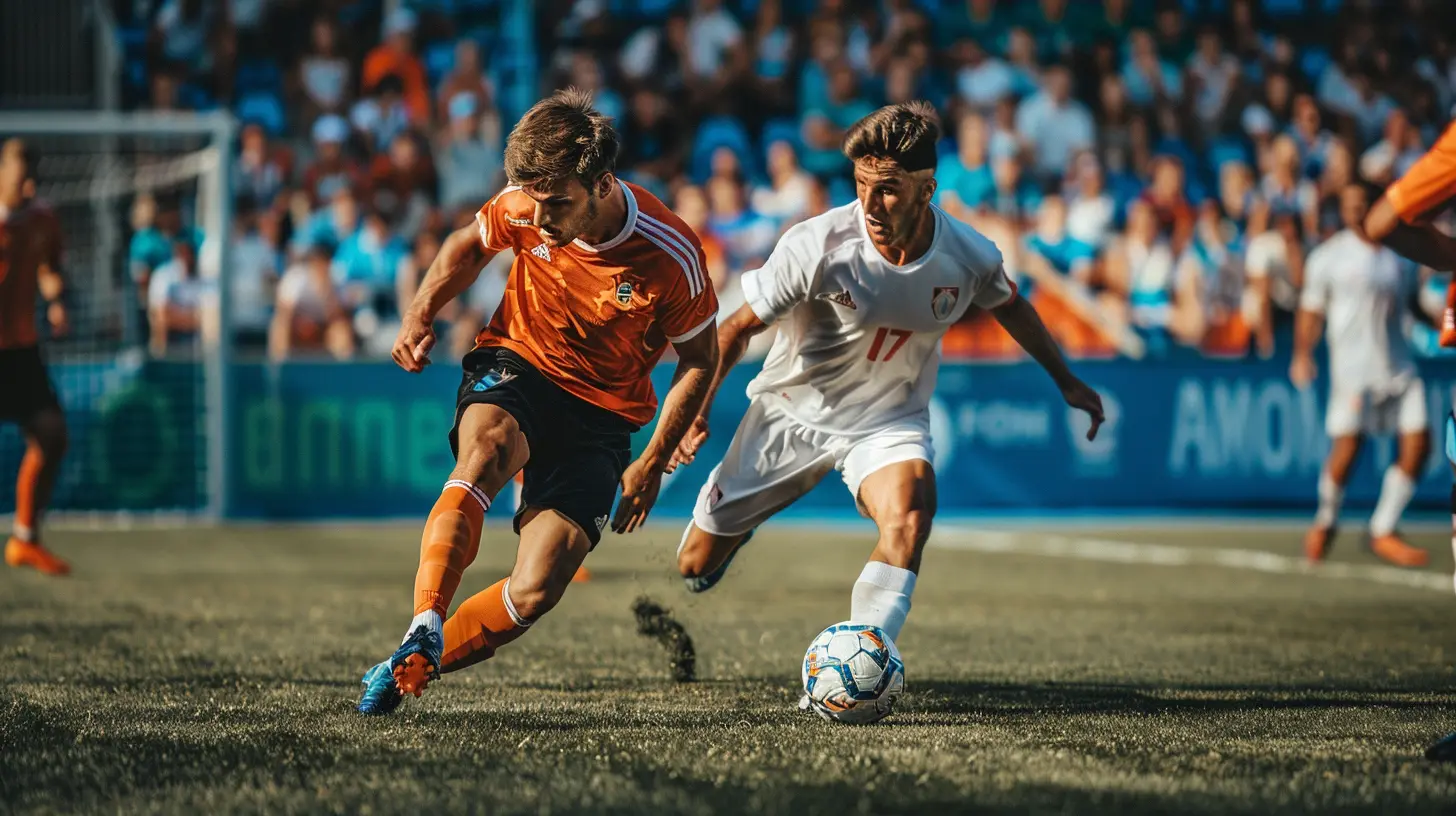
Fueling Athlete Intensity and Performance
Let’s not forget what rivalries do to the athletes themselves. Professional competitors are already driven—no one makes it to that level without fire in their belly. But when they’re up against a rival? That fire turns into a full-on blaze.Players study harder. They trash-talk more (with or without mics). They push through pain, all because they know the stakes aren’t just about league standings—they're about pride, legacy, and sometimes even revenge.
Did Michael Jordan take matchups with the Pistons personally in the late ’80s? You bet he did. Did that fuel a dynasty? Absolutely.
That extra 1% of effort—or extra 10% of attitude—might just be the difference-maker in clutch moments. Rivalries bring that out.
Financial Booms: The Business of Bad Blood
Behind every passionate fanbase and high-stakes game is a very happy accountant.Rivalry games often bring in higher ticket sales, increased broadcasting revenue, and bigger sponsorship deals. Merch flies off the shelves. Local bars and restaurants get crowded. Even the secondary ticket market goes wild.
Networks know this. That’s why rivalry games get prime-time slots and heavy promotion. People care—and people pay.
It’s a beautiful storm: fan passion meets business opportunity.
Social Identity & Us vs. Them
Let’s be real for a second: people love taking sides. It’s human nature. We root for “our” group and rail against the “others.” Sports rivalries give tribalism a healthy outlet. It’s us vs. them, good vs. evil (depending on which colors you wear, of course).Supporting a team—especially in rival games—becomes a part of your identity. You’re not just watching; you’re participating. You’re carrying history, representing your city (or even a whole country), and defending your crew from haters.
It’s not just a game. It’s a mission.
Iconic Moments That Define Generations
Let’s talk about memories for a second. Ask any sports fan about their favorite game of all time, and chances are it involved a rival.Remember when Auburn returned a missed field goal for a touchdown to beat Alabama in the Iron Bowl? Or when the Red Sox came back from 3-0 down to beat the Yankees in the 2004 ALCS? Those moments weren’t just highlights—they became legends.
Rivalries set the stage for drama, heartbreak, miracles, and redemption. That’s why they stick in the minds of fans forever.
Media Hype and Narrative Building
The media isn’t just covering sports—they’re crafting stories. And rivalries? Those stories practically write themselves.You get heroes and villains, revenge plots, redemption arcs, and everything in between. Think of it like professional sports meets Hollywood drama.
- Can the underdogs finally beat their tormentors?
- Will the star player rise or crumble under pressure?
- What’s the fallout from last year’s brawl?
These questions hook viewers and keep the hype train rolling all season long.
The Cultural Ripple Effect
Sports rivalries don’t just influence the teams or fans—they ripple through culture. They affect music, fashion, slang, even politics in some cases.You see it when rappers wear jerseys of local teams, or when a movie drops a line about a classic rivalry game. It becomes embedded in culture.
In cities with deep rivalries, the tension can be felt in daily life. Friendly banter in the office? That’s rivalry. A kid refusing to wear certain colors? Also rivalry. It’s everywhere.
New-Age Rivalries and Social Media’s Role
In the digital era, rivalries have gone global. Fans from opposite corners of the earth can now battle it out on Twitter or Reddit. Memes fly, GIFs burn, and hashtags trend—all in real time.Athletes have even joined the fray, dropping subtle (and not-so-subtle) shade online. Brands know the value, too. Marketers create edgy ads around rivalry matchups because they know rivalries sell.
Social media has turned local beefs into global entertainment moments.
Healthy Hate (Yes, That’s a Thing)
Alright, let’s talk about the “H” word—hate. Rivalries thrive on it, but usually in a healthy way. It’s not about actual hostility; it’s about emotional investment.You root against the rival, not because you truly despise them, but because doing so enhances your love for your own team. It’s like how siblings argue but still love each other. It’s a passionate competition that actually adds value.
Without rivals, wins wouldn’t feel as sweet. Losses wouldn’t sting as much. The emotional rollercoaster would be flat.
Evolution of Rivalries Over Time
Some rivalries burn bright and fade, while others rekindle when the stakes return. As teams evolve, so do their foes.New rivalries are born out of playoff showdowns, controversial trades, or surprise upsets. You never know when a spark might turn into a blaze.
The evolution keeps the narrative fresh, while historic rivalries continue to provide the weight of the past. It’s a perfect balance of old blood and new heat.
Conclusion: Why We Keep Coming Back
So, what keeps us glued to rivalry matchups season after season?It’s the blood-pumping adrenaline. The high-stakes tension. The satisfaction of bragging rights and the agony of defeat. It’s watching heroes rise and villains fall—and sometimes swapping roles completely.
Sports rivalries are more than games. They’re stories, traditions, and emotional rollercoasters wrapped in team colors. They bring us together, even when we’re rooting against each other.
And at the end of the day, rivalries are proof that we don’t just watch sports—we live them.
all images in this post were generated using AI tools
Category:
Professional SportsAuthor:

Onyx Frye
Discussion
rate this article
1 comments
Kylie McGrady
Rivalries undeniably elevate the excitement in professional sports, igniting fierce competition and deep-rooted passion among fans. These matchups not only enhance the thrill of the game but also create unforgettable moments and legendary stories that define sports culture. Ultimately, rivalries are the heartbeat of what makes sports so captivating.
September 20, 2025 at 11:33 AM

Onyx Frye
Absolutely! Rivalries truly are the lifeblood of sports, fueling passion and creating unforgettable moments that resonate with fans for years to come.
